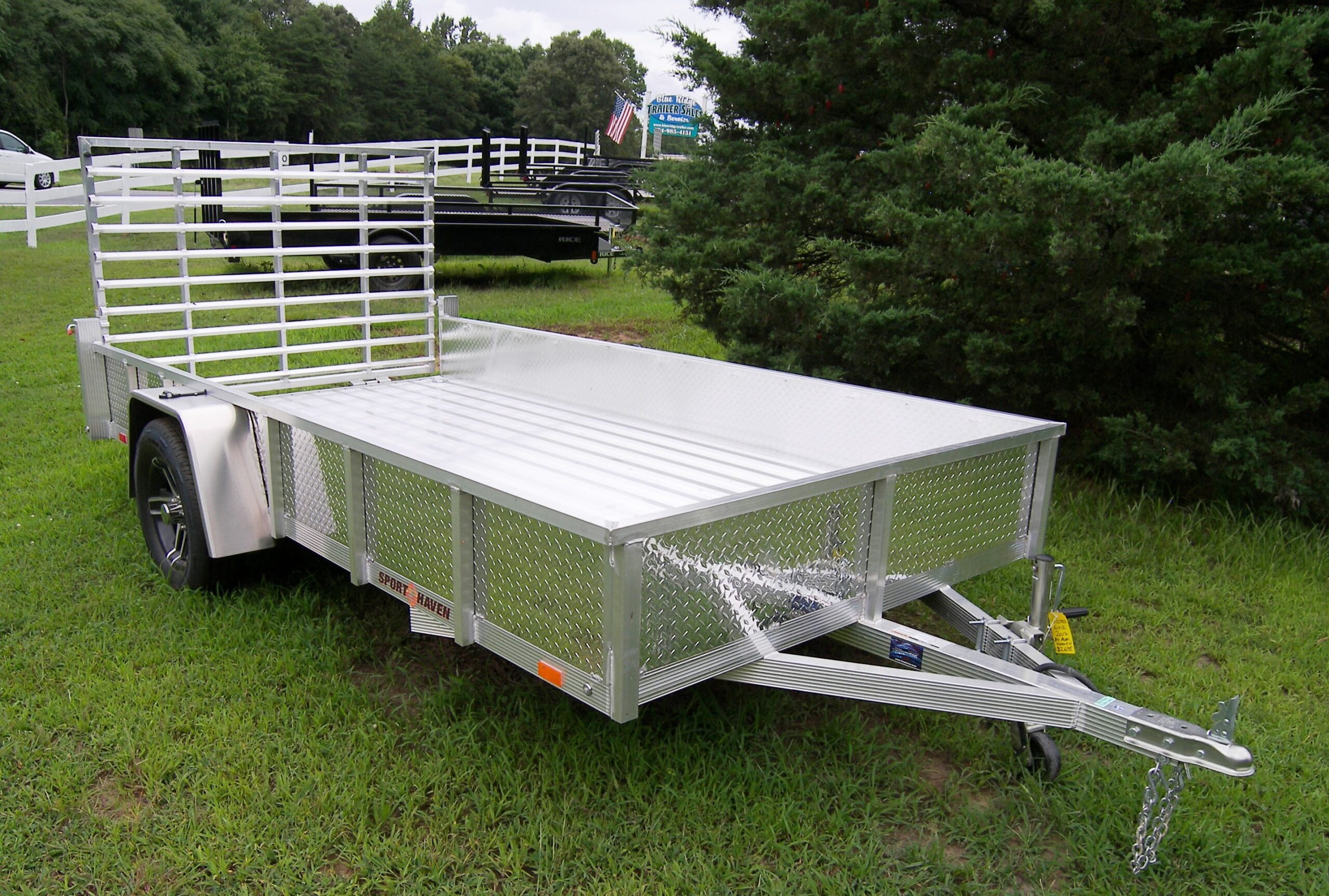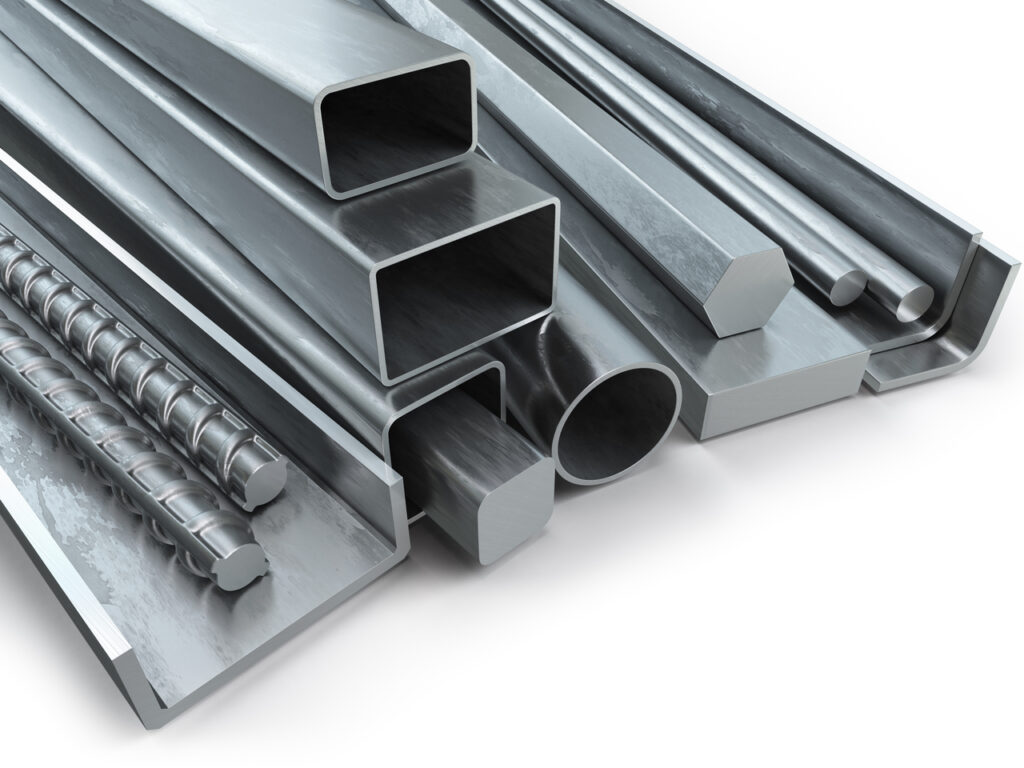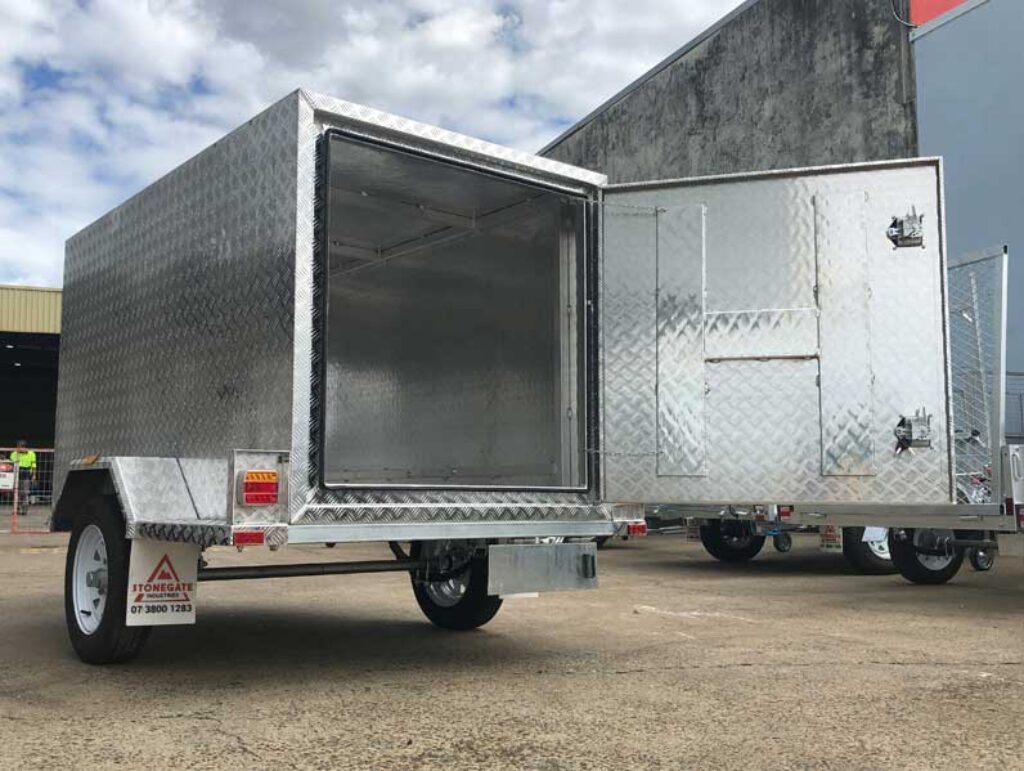
When it comes to trailer manufacturing, efficiency is key. Whether it’s for transporting goods, livestock, or recreational purposes, trailers need to be sturdy, reliable, and cost-effective. In recent years, aluminum has emerged as a game-changer in the industry, offering numerous advantages over traditional materials. In this article, we will explore the aluminum advantage in trailer manufacturing and how it contributes to increased efficiency.
Table of Contents
Lightweight Construction
One of the primary advantages of using aluminum in trailer manufacturing is its lightweight nature. Aluminum is significantly lighter than steel, which has been the conventional material choice for trailers for many years. The lightweight construction of aluminum trailers, coupled with the use of specialized trailer rail aluminum extrusions, translates to higher payloads, allowing for more goods or cargo to be transported with each trip. This efficiency not only reduces transportation costs but also decreases fuel consumption, making aluminum trailers more environmentally friendly. The incorporation of trailer rail aluminum extrusions adds strength and durability to the camper structure, ensuring that it can handle heavy loads without compromising its efficiency.
Corrosion Resistance
Trailers are exposed to various weather conditions and environments, which can lead to rust and corrosion. Unlike steel, aluminum has natural corrosion-resistant properties. This inherent ability to withstand corrosion extends the lifespan of aluminum trailers, reducing maintenance costs, and downtime. Additionally, the reduced need for frequent repairs makes aluminum trailers a more efficient choice for long-term operations.
Enhanced Durability
Aluminum trailers boast excellent strength-to-weight ratios, providing exceptional durability. Despite being lightweight, aluminum is remarkably strong and can handle heavy loads without compromising structural integrity. This robustness ensures that the trailers can withstand rough road conditions and heavy usage, making them more reliable for businesses and recreational users alike.
Improved Fuel Efficiency

Source: motorlease.com
The lightweight nature of aluminum trailers not only increases payload capacity but also contributes to improved fuel efficiency. When trailers are lighter, the towing vehicle needs to exert less energy to move the load, leading to lower fuel consumption. Over time, this can result in significant cost savings for businesses that rely on trailers for their operations, enhancing overall efficiency.
Eco-Friendly Manufacturing
In today’s world, environmental consciousness is paramount. Aluminum trailers are manufactured using highly recyclable material, making them more eco-friendly than their steel counterparts. Recycling aluminum requires significantly less energy compared to producing it from raw materials, reducing the overall carbon footprint. Choosing aluminum trailers aligns businesses with sustainability goals while promoting an eco-conscious image to customers.
Customization and Design Flexibility

Different metal products. Stainless steel profiles and tubes. 3d illustration
Aluminum is a malleable material that offers greater design flexibility compared to steel. This means that manufacturers can create trailers with custom shapes and sizes to suit specific needs. Whether it’s for specialized cargo or unique recreational purposes, the ability to customize trailers enhances their efficiency by optimizing their functionality for specific use cases.
Conclusion
In conclusion, the aluminum advantage in trailer manufacturing offers numerous benefits that significantly contribute to increased efficiency. From lightweight construction and corrosion resistance to improved fuel efficiency and eco-friendly manufacturing, aluminum trailers provide a cost-effective and reliable solution for transporting goods and assets. As the industry continues to evolve, it is clear that aluminum will remain at the forefront of innovation, driving greater efficiency and sustainability in trailer manufacturing.








